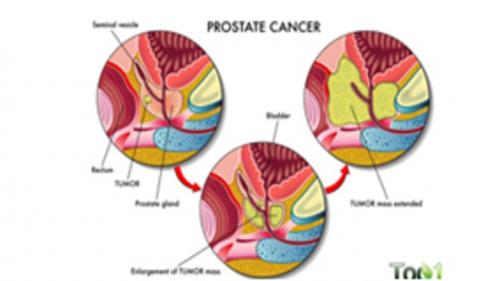Success
Understanding of the mechanisms of resistance to systemic therapy in metastatic castration-resistant prostate cancer
Nov 03, 2021

Explore More
A number of approved treatment options are available for the management of metastatic castration-resistant prostate cancer such as chemotherapies (docetaxel, cabazitaxel), androgen receptor (AR)-targeted therapies (enzalutamide, abiraterone), a radioisotope (radium-223) and a cancer vaccine (sipuleucel-T). But still, the ideal treatment sequencing pathway is not known, and this problem is aggravated by the issues of primary and acquired resistance. Galletti G and co-authors reviewed the mechanisms of resistance to AR-targeted therapies and taxane-based chemotherapy.
The key points of this review were as follows:
- Patients while being treated with abiraterone, enzalutamide, docetaxel or cabazitaxel may present with primary resistance, or eventually acquire resistance
- Multiple resistance mechanisms to AR-targeted agents have been proposed which include the following:
- Intratumoral androgen production, amplification, mutation, or expression of AR splice variants, increased steroidogenesis, upregulation of signals downstream of the AR, and development of androgen-independent tumor cells
- Known mechanisms of resistance to chemotherapy are distinct, and include:
- Tubulin alterations, increased expression of multidrug resistance genes, TMPRSS2-ERG fusion genes, kinesins, cytokines, and components of other signaling pathways, and epithelial-mesenchymal transition
- Utilizing this information, biomarkers of resistance/response have the potential to direct treatment decisions
- Expression of the AR splice variant AR-V7 may predict resistance to AR-targeted agents, but available biomarker assays are yet to be prospectively validated in the clinic
There are ongoing prospective trials that are evaluating the sequential use of different drugs, or combination regimens, and the results of these studies, combined with a deeper understanding of mechanisms of primary and acquired resistance to treatment could potentially assist to drive future treatment decisions in mCRPC.
Ref: Galletti G, et al. Mechanisms of resistance to systemic therapy in metastatic castration-resistant prostate cancer. Cancer Treat Rev. 2017; 57: 16-27.





























